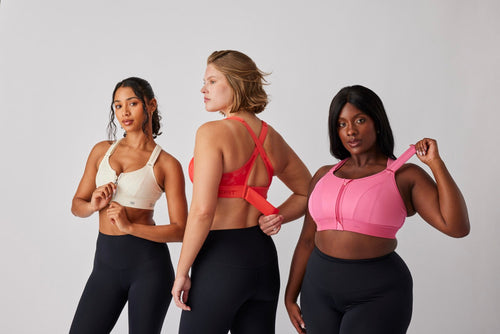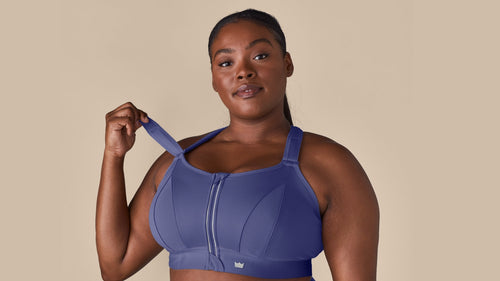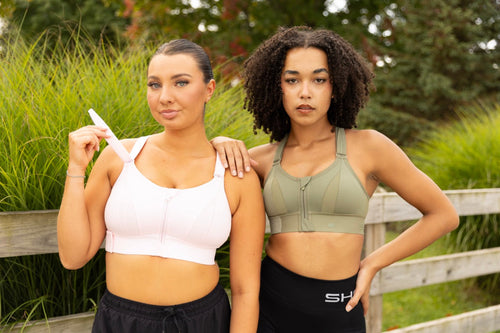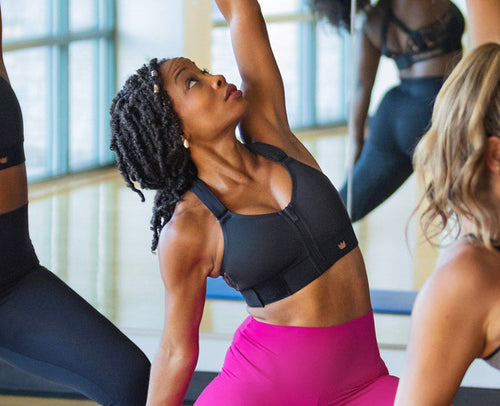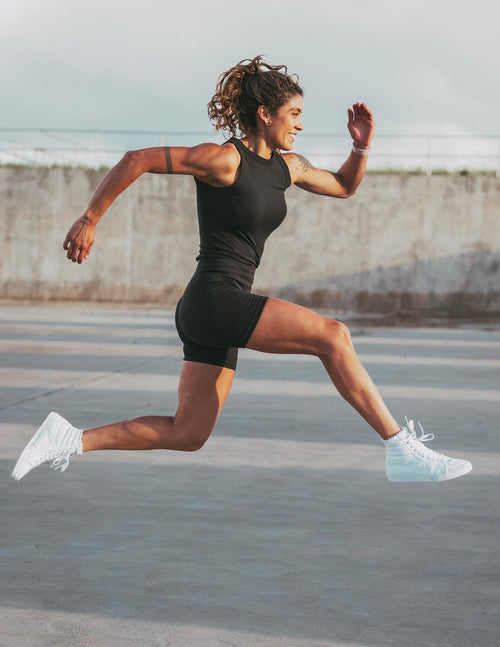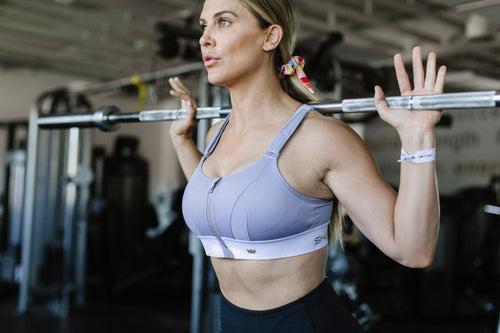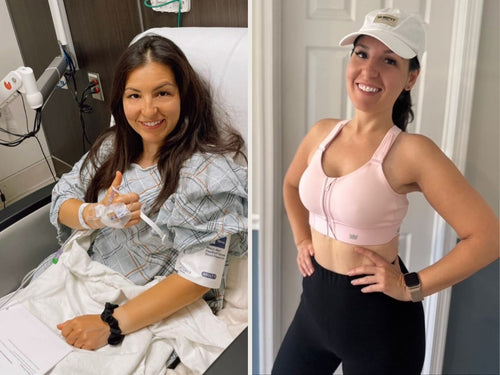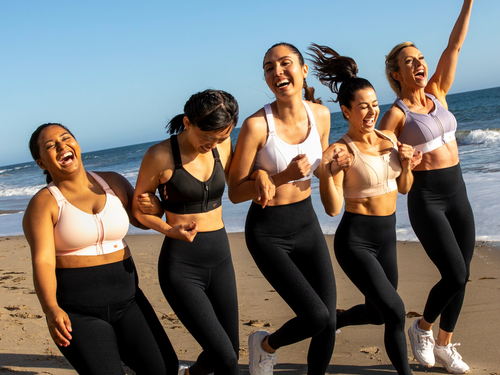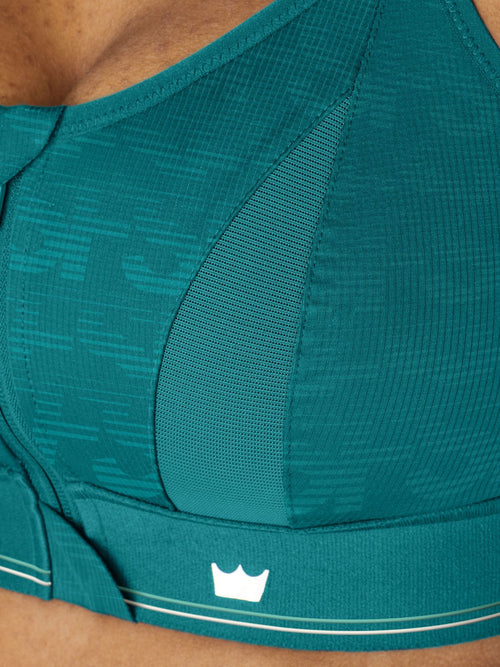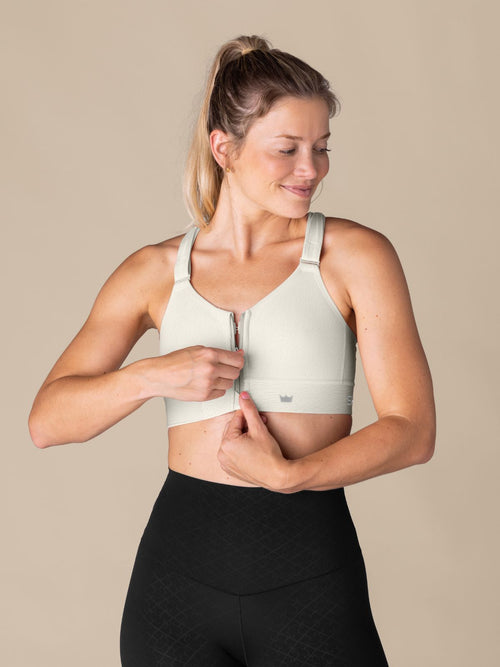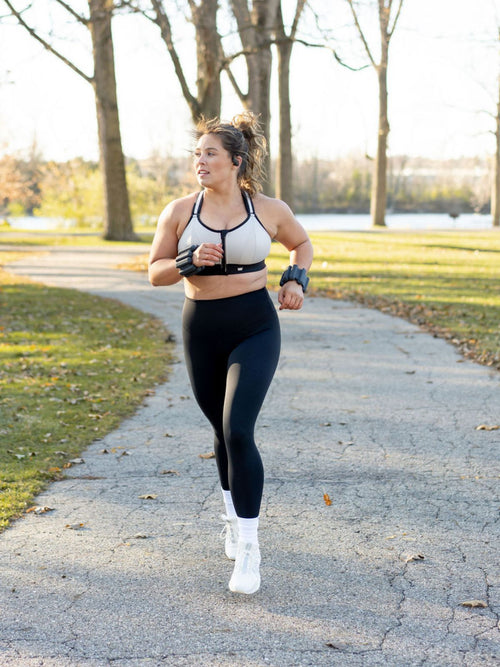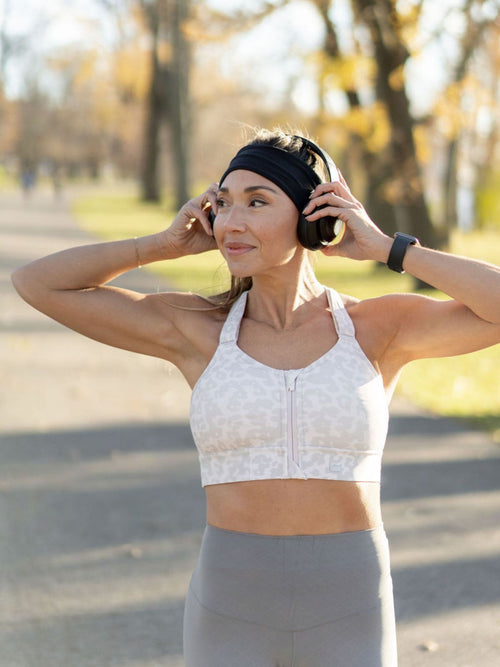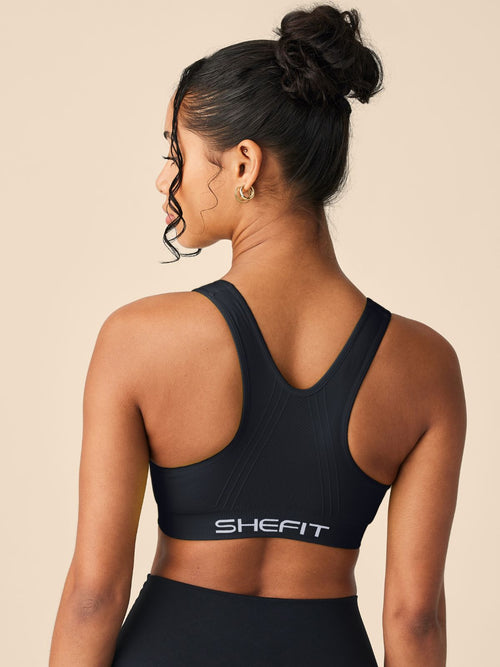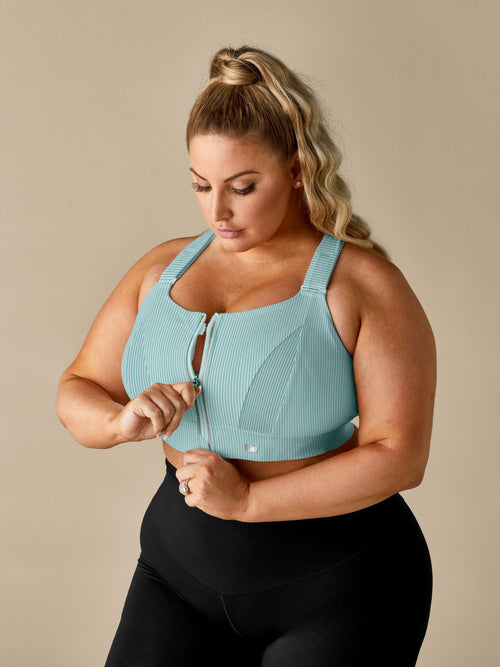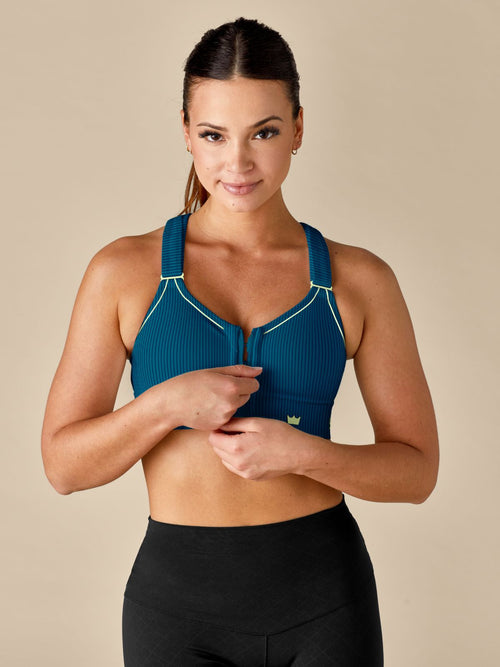Free shipping on U.S. orders over $99 Shop Now
“Miss Michigan born without a vagina.” With one headline, Jaclyn’s secret was shared with the world. And while it wasn’t exactly accurate, it instantly put Jaclyn’s diagnosis on the map.
What started as a doctor’s appointment to find out why 16 year old Jaclyn still hadn’t started her period, ended in a diagnosis of MRKH — a rare syndrome found in just 1 of every 4,500 females. Named for the four individuals who discovered it, MRKH is a syndrome that causes girls to be born with half of their reproductive organs. While women with MRKH actually do technically have vaginas, they are often underdeveloped internally, and so small they require dilation, surgery or skin grafting just to be capable of penetration — earning the nickname, “dimpled.” Jaclyn learned she had ovaries but was born without a uterus or cervix, and when she tried to learn more about her diagnosis online, nothing even came up. She was completely deflated.
“
Every celebration of womanhood has been taken from me…”

For the 7 years following her diagnosis, Jaclyn struggled in shame and silence about her body. She was six feet tall and way too skinny. Plus, the message on repeat in her head was “you’re not a complete woman.” When she thought about what her future would hold, the fear grew intense. She worried no one would ever marry her knowing she couldn’t carry a baby (or even have sex without major difficulty and intervention), so she found a way to cope — drinking too much and convincing herself she didn’t want any of those things anyway. She would “just be a career woman.”
Jaclyn did build a successful career at an ad agency after college — but it was just the first piece in a much larger picture. In 2013 with no modeling experience, Jaclyn decided to enter the Miss Michigan pageant. Her goal was to make the top 20, but she took home the title. Suddenly she had a platform, and felt ready to share her story. It was really scary since even her extended family would be hearing the news for the first time, but once it was out, the support was amazing. “I thought, why have I been hiding this for so long? Yes, I am different than other women, but why have I just been suffering in shame? I don’t need to anymore. It’s okay.”
Jaclyn says the year of her reign “meant so much.” Being able to speak openly about the secret she had kept for so many years started to transform how she felt. She grew proud of the ways she was different and special. And she began to make an impact. She partnered with an MRKH support organization called Beautiful You that empowers girls and women to “embrace their beauty, just as they are.” The following year she became engaged to the man who is now her husband and landed a spot on CBS’ Survivor reality show. She hoped to win enough money to make their dreams of IVF possible. Jaclyn ended up taking second place but they’ve continued taking steps toward having a child of their own through surrogacy.
“
The struggles we go through are what make us human."
Today Jaclyn has come full circle, using her degree to empower the MRKH community. She is the Communications Team Co-Lead on the Global MRKH Consortium Team. “Accepting that this is my normal has helped a lot. I have friends who just get pregnant, but that will never be the case for me. But I don’t want the same story as everyone else. In the infertility world, I am not the only one who is going through this. In the MRHK community, girls talk about these struggles everyday — not having a period, how their diagnosis has impacted the relationship or “female bond” with their mom, about sex, having children, staying positive — about how you literally have to work for everything. I’ve found that you can get down about it or accept that this is your own version of normal. The struggles we go through are what make us human. Find a way to respect the process and know that it’s not easy, but it’s part of getting where you want to be. I’m so thankful to be able to connect with my community, to encourage girls going through what I’ve faced, and meet women who are now mothers, what I aspire to be. It’s so empowering to help others redeem their story. And just because I can’t carry a baby doesn’t mean I won’t still raise a child. Stop worrying about the ways your body is imperfect and start focusing on what your body is brilliant at.”



